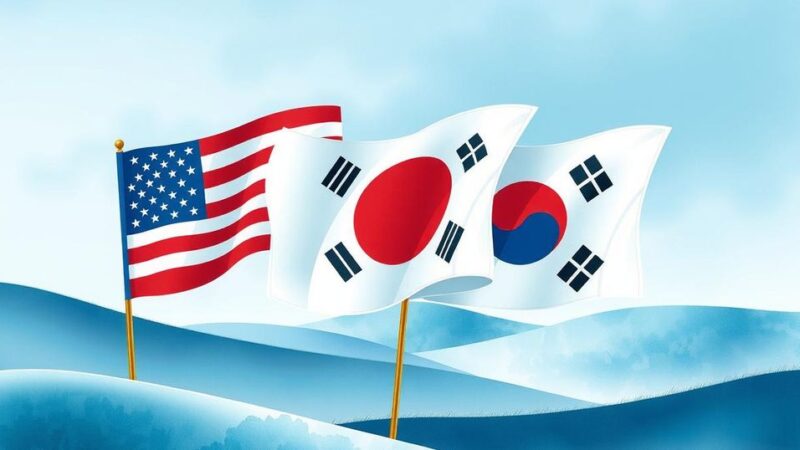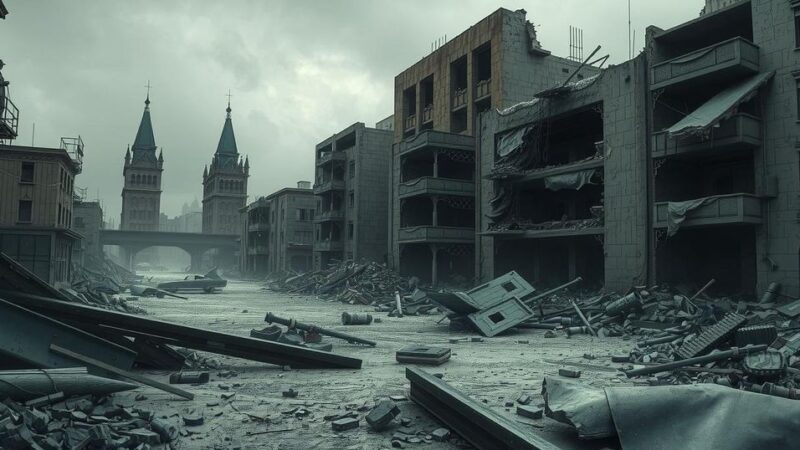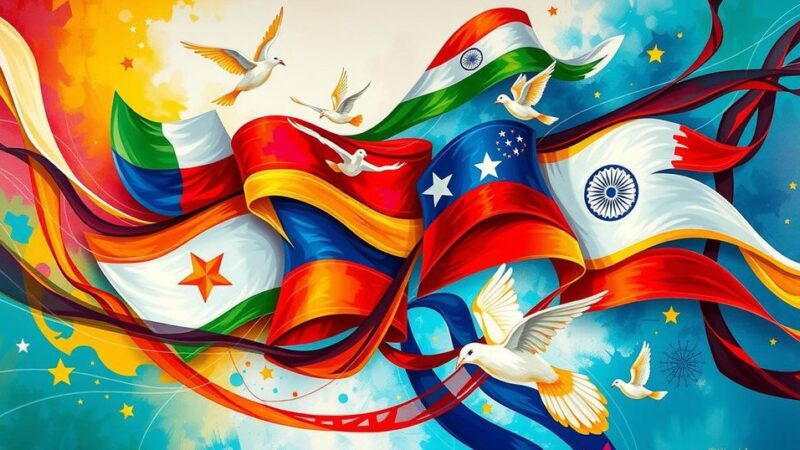The SADC has declared a phased withdrawal of troops from the DRC after suffering losses. As M23 advances in eastern DRC, leaders convened to promote peace talks. The withdrawal poses further challenges for President Tshisekedi, amidst ongoing scrutiny and allegations of foreign involvement.
The Southern African Development Community (SADC), composed of 16 nations, has announced a phased withdrawal of its troops from the Democratic Republic of the Congo (DRC). This decision follows the loss of at least a dozen soldiers due to ongoing conflicts in the eastern region, which has been plagued by instability for three decades. Leaders convened virtually to discuss the situation, coinciding with the announcement of upcoming peace talks between the DRC and the M23 rebel group.
The SADC mission, known as SAMIDRC, is aimed at restoring security amid armed group attacks in the eastern DRC. This area has seen M23 capture significant territories, including the strategically important cities of Goma and Bukavu, with the Congolese government reporting approximately 7,000 deaths from the conflict since January. Notably, South Africa has contributed around 1,000 troops to the mission, experiencing the loss of 14 soldiers, while Malawi also reported fatalities.
During the summit, SADC chairperson and Zimbabwean President Emmerson Mnangagwa emphasized the urgent need to address the ongoing violence and instability within and beyond the DRC. He advocated for inclusive dialogue and highlighted the importance of reassessing the mission’s mandate. Subsequent to the summit, Angola facilitated the initiation of direct talks between the DRC and M23, aimed to commence on March 18 in Luanda.
President João Lourenço of Angola had previously engaged with Congolese President Felix Tshisekedi, who was hesitant about negotiations with M23, thereby reflecting the complex political dynamics involving Rwanda, accused of supporting M23. While two Congolese government sources indicated that the peace talks may evolve, they also pointed out that Rwanda’s involvement remains significant despite any direct engagement with M23.
The announced withdrawal of SADC troops represents a crucial challenge for President Tshisekedi, who has faced scrutiny regarding his response to M23’s advances. Rwanda’s Foreign Minister, Olivier Nduhungirehe, remarked that this decision would positively influence peace efforts in eastern DRC, while UN experts suggest Rwanda’s ongoing military support for M23 persists, despite official denials.
In summary, the SADC has resolved to withdraw its troops from the DRC, prompted by significant losses and ongoing unrest in the eastern region. The organization’s commitment to ending the conflict involves reopening dialogue with the M23 rebels, as emphasized during a recent summit. This development may significantly affect the political landscape for the DRC and its leadership amidst ongoing accusations of foreign interference in the armed conflict.
Original Source: www.aljazeera.com






